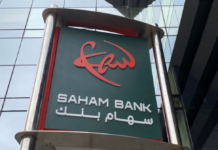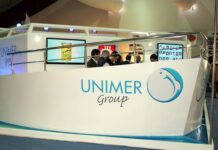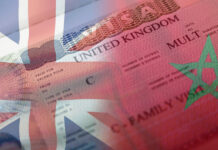More than 200 companies in Morocco are currently benefiting from the Halal Maroc label, covering approximately 1,000 products mainly of Moroccan origin across various sectors such as food, cosmetics, dietary supplements, packaging, and catering services. This information was shared by Abderrahim Taibi, Director of the Moroccan Institute for Standardization (IMANOR), during the 6th edition of the Halal Morocco Forum (FOHAM 2024) held on Thursday in Casablanca.
Taibi highlighted that to facilitate access to the Halal label for Moroccan companies, IMANOR has established a protocol for recognizing foreign halal certifiers. This allows them to issue halal certificates accepted for foreign inputs used in products labeled under Halal Maroc.
Taibi noted that the label, primarily export-oriented, seeks confirmation of recognition in foreign halal markets. To this end, IMANOR continuously strives to forge recognition agreements with counterparts in foreign halal markets. “We have made significant strides with formal recognitions critical for our operators, such as those from Malaysia, Saudi Arabia, and recently Singapore, which we are officially announcing today,” Taibi said.
Despite these achievements, Taibi acknowledged that the Halal Maroc label reveals a global halal market that is expanding in volume and requirements, presenting increasing challenges for Moroccan companies to access and sustain their presence in this market.
He emphasized the need to draw inspiration from successful experiences in other countries to organize the halal reference in Morocco. This includes establishing a legal framework that considers recognition mechanisms for certifiers in their countries of origin, thus enhancing the credibility of access rules to the Moroccan market for products bearing halal labels. This approach would benefit both consumers and Moroccan operators.
Taibi also pointed out that the opportunities presented by the halal market for Moroccan businesses require genuine awareness and action from all concerned parties.
Held under the auspices of the Ministry of Industry and Trade and the Ministry of Agriculture, Maritime Fisheries, Rural Development, and Water and Forests, the forum served as a platform to identify integrated national and continental strategies. It also proposed relevant approaches for capacity building and pooling of ideas, skills, and resources to facilitate the access of Moroccan products to the global halal market and to stimulate and strengthen intra-African halal trade.
With 150 participants, this edition stood out for its regional, notably African, dimension. It highlighted the importance of creating a halal ecosystem that integrates African businesses into global value chains for better positioning in the global halal market.





